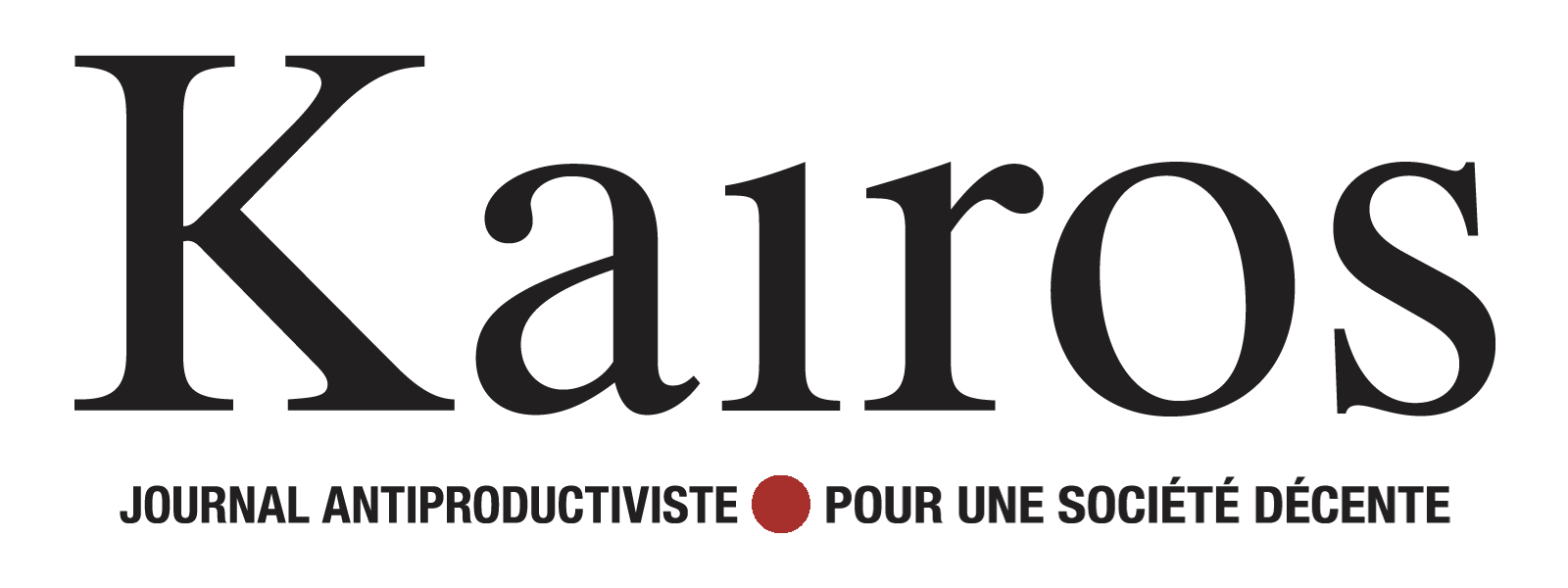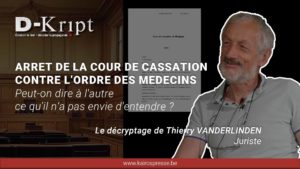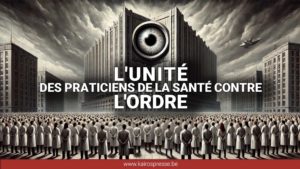By Prof.. Dr. Martin ZIZI, MD-PhD, Biophysicist. Former Scientific Medical Director at the Belgian Defense, Former Director of the Epidemiology and Biostatistics Division, Former Chairman of the Ethics Committee BE Def.
I challenge any Belgian or foreign scientist to prove that my explanations on these PCR tests, depending on whether one is symptomatic or not, are wrong
For a little more than 2 weeks, most EU countries have again confined their citizens, justifying these measures as necessary to limit the human spread of a virus that is not even unique to humans(1). What is most disturbing is that these measures are justified on the basis of results that measure the presence of the virus by means of a genetic detection technique called PCR (Polymerase Chain Reaction). However, we do not hear in the « mainstream » media that these measurements used out of context do not allow conclusions to be drawn on real scientific or medical grounds.
It is only on the basis of the results of the PCR test that it is decided whether an area will be considered as a danger zone or not, and thus be declared « red » or « green ». This is also the basis for deciding whether someone should be quarantined or not; this is the basis for deciding the economic and social well-being of the populations of an entire planet. On this basis, it was decided to put restaurant owners, artists, theaters, hairdressers, manicurists and a host of other trades out of business. It is on this basis that decisions are made to close or open schools, and to deprive children of the need to play to learn…
However, on many occasions, scientists have criticized the misuse of these tests. The experts then engaged in statistical jousting that was as useless as it was destructive, talking about false-positive or false-negative results, when it is the very usefulness of PCR tests that is at issue, and it is their large-scale use for screening purposes that has put us in these ridiculous situations. In addition to being extreme and undemocratic, as jurists and sociologists have pointed out, these confinement measures have no real medical or scientific basis.
The experts then engaged in statistical jousting that was as useless as it was destructive, talking about false-positive or false-negative results, when it is the very usefulness of PCR tests that is at issue
The usefulness of PCR in relation to symptoms
I am a Medical Doctor, Molecular Biologist and Biophysicist, but also the former Director of the Epidemiology and Biostatistics Division of the Belgian Department of Defense. PCRs, my lab has been doing them for years, and I take issue with the information we have been served daily since March 2020.
PCR is therefore used to screen for COVID. This method, however, only detects the presence of the SARS-CoV‑2 virus genes, but in no way informs about the physical condition of the tested person. To be clear, the status and usefulness of these PCR tests (which measure the presence of viral genes) vary depending on whether the person being tested has symptoms or not. If that person has no symptoms, a positive result means nothing in terms of disease and nothing in terms of contagion.
This method, however, only detects the presence of the SARS-CoV‑2 virus genes, but in no way informs about the physical condition of the tested person
Such a positive result may mean that this person is either a carrier of the active virus, or that this person is a carrier of an inactive virus — therefore NOT infectious, and therefore there is no danger. That same person — positive for PCR — can also get sick and be contagious, or not get sick and therefore not be contagious. Because it takes a certain number of viruses to get sick, and PCR can measure 3 or 4, or 10, which is not a sufficient dose to get sick. Therefore, the medical and social utility of PCR in the absence of any symptoms is almost nil.
If that person has symptoms, the situation is quite different. A positive PCR test can then confirm that the person is sick with SARS and not with another virus (e.g., influenza), or confirm that more than one virus is present at the same time. This is useful for establishing good and reliable medical statistics.
The medical and social utility of PCR in the absence of any symptoms is almost nil
In conclusion, PCR is a diagnostic confirmation tool and not a mass screening tool. In addition, it is very expensive and requires a laboratory infrastructure and specialized technicians.
Positive PCRs on asymptomatic persons (such as the famous contacts we are tracking) are therefore in no way a medical and scientific measure of danger for them or their relatives. This is not an opinion, but is based on a whole scientific literature and solid and demonstrable facts and therefore, in order to cut short any false debate as useless as deleterious, I challenge any Belgian or foreign scientist to demonstrate that my explanations on these PCR tests, depending on whether one is symptomatic or not, are wrong. Let the reality be known to all! And don’t come up with articles published under media pressure since March, PCR has been around since 1985, so its advantages, limitations and disadvantages are not new.
No legitimacy to declare « red zones
PCR tests certainly have their place in public health, they measure the presence of the virus, can confirm a diagnosis, and therefore can be used as a logistical tool to allocate resources, but to pass them off as a measure of a potential danger and therefore to declare certain areas, cities or countries « green » or « red », is incorrect and medically false. And throwing them out on a daily basis to a population that needs clarity and leadership does not contribute to good risk management.
Apart from creating, and above all maintaining, the feeling of panic, incomprehension and resignation among the population, PCR used outside the context of sick patients has led to its massive abuse — an abuse that is costly in terms of time and resources.
The only true measure of the danger posed by this virus is the famous IFR (Infection Fatality Rate), i.e. the mortality rate calculated by taking into account both symptomatic and asymptomatic people, and the only way to identify the latter is by randomized testing in a representative sample of the population. There is no need to test everyone to calculate such an IFR. These tests should be serological tests, not PCRs. The question of their timing in relation to the time of infection is not even relevant, because the purpose of these tests is precisely to be randomized and thus to capture the state of a population at a given time — whether or not the people tested are sick. This is as simple as it sounds.
After more than 10 months of crisis, it is legitimate to ask the question of the absence of the ONLY measure of real danger, which alone would allow for sound risk management. For the information of the readers, such measurements have already been carried out in various countries on several occasions, according to the standards and practices in the matter, and the results show the real mortality rates, thus of danger related to COVID, which oscillate between 0.3 and 0.6% and are thus very far from the 3 to 5% reported by all the press, and by certain experts up to the point of exhaustion or drunk with their new media power(2).
After more than 10 months of crisis, it is legitimate to ask the question of the absence of the ONLY measure of real danger, which alone would allow for sound risk management
Making other scientists who have tried to keep a cool head look uninformed may not be the best way for the press to defend the Public Interest. It is surprising that health professionals and many molecular biologists remain silent on this subject. Some people said they were afraid of this false media hype, which is the last straw in a democracy. I am not afraid and I have my conscience as my guide.
I repeat one last time: I challenge any scientist to demonstrate that my explanations of PCR tests used in symptom-free people are wrong — and in the absence of that, it is time to demand that we fundamentally change our approaches to bring them in line with good risk management.
It’s high time to deal with people instead of dealing — like mad scientists — with numbers! The fact that Brussels or Antwerp have more positive PCRs on asymptomatic people than a village in the Gaume region, means nothing, absolutely nothing in terms of risk management. And I’m not even talking about the very high rate of false positives that are specific to PCR, I leave that to the experts…
The problem is not who — between Antwerp and Brussels — manages this crisis better. Save your pennies, and instead of doing PCRs on contacts that are being tracked, reserve them for patients who have symptoms, which will allow physicians to have useful statistics to provide you with to help you manage this crisis with intellectual honesty and efficiency.
Who takes up the challenge?
- En soi, le fait que le virus est aussi présent chez de nombreux animaux pose des questions, mais n’est pas le sujet de cet article.
- Lire la Note 9 du rapport en ligne https://mznet.info.






